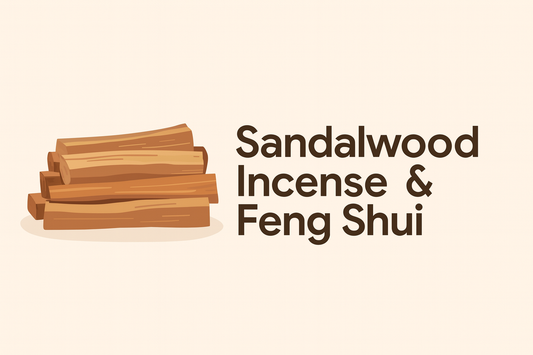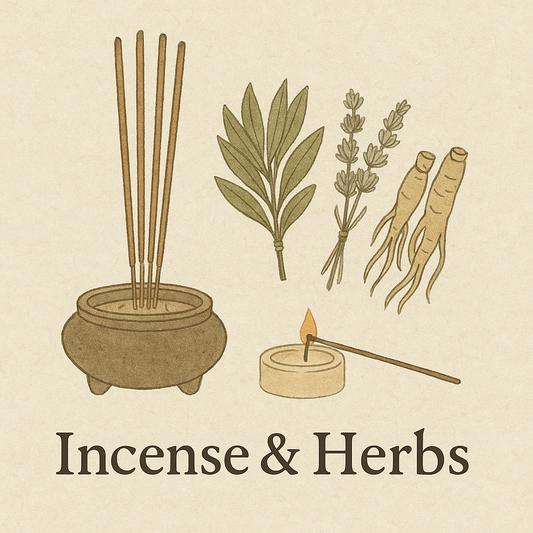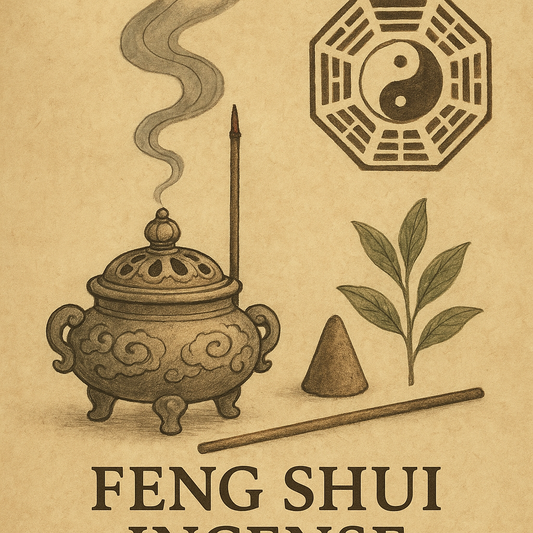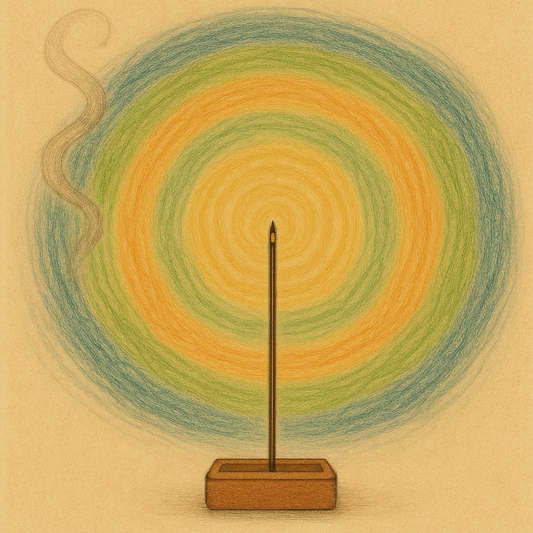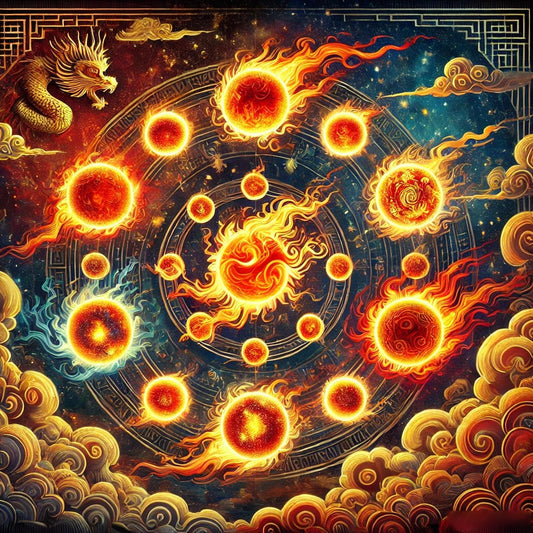
Ancient Wisdom, Modern Truths: How Traditional Chinese Medicine Reflects Scientific Health Insights
Traditional Chinese Medicine (TCM) offers more than herbal formulas or acupuncture—it reflects a worldview where body, mind, and nature exist in constant dialogue. At the heart of this system lie the Five Elements, meridian theory, emotional-physiological links, and the impact of climate and time.
Today, modern disciplines like systems biology, circadian medicine, and integrative neuroscience are discovering parallels that echo this ancient wisdom.
1. Five Elements as Functional Organ Systems
- Wood (Liver/Gallbladder): Governs growth and flow. Western medicine confirms the liver’s key role in metabolism, detoxification, and nutrient storage.
- Fire (Heart/Small Intestine): Symbolizes circulation and vitality. The heart’s rhythm affects emotional regulation and cardiovascular health.
- Earth (Spleen/Stomach): Represents nourishment. Though “Spleen” in TCM encompasses spleen and pancreas functions, it aligns with digestive enzyme activity and insulin response.
- Metal (Lung/Large Intestine): Controls breath and boundary. Lungs regulate oxygen exchange and immune defense.
- Water (Kidney/Bladder): Stores essence and manages fluids. Kidneys regulate blood pressure, filter toxins, and maintain bone health via Vitamin D.
2. Meridian Clocks and Circadian Rhythms
The TCM Organ Clock suggests every organ peaks in function during a 2-hour window. While science doesn’t follow these exact timings, circadian biology finds common ground:
- Lung function dips at 3–5 a.m.—explaining early-morning asthma attacks.
- Heart attack frequency rises between 6–12 a.m.—mirroring Heart time stress sensitivity.
- Cortisol and insulin cycles influence energy and digestion—validating TCM's daily routine guidance.
3. Emotions as Somatic Messengers
- Anger → Liver (can trigger migraines or hypertension)
- Joy → Heart (excess may cause palpitations)
- Worry → Spleen (impairs digestion)
- Grief → Lungs (lowers immunity)
- Fear → Kidneys (affects adrenal stress and bladder function)
Modern research supports this—showing how chronic stress impacts immunity, digestion, and cardiovascular health.
4. Five Flavors, Food Energetics, and Metabolism
- Bitter (Fire/Heart): Flavonoids reduce inflammation and aid detox.
- Sweet (Earth/Spleen): Excess sugar leads to “dampness” or metabolic imbalance.
- Pungent (Metal/Lung): Garlic, ginger, and spices enhance circulation and immune strength.
- Salty (Water/Kidney): Balances fluids, but overuse stresses heart and kidneys.
- Sour (Wood/Liver): Astringes fluids and supports digestion. Vinegar improves blood sugar control.
5. Climate, Environment, and Internal Balance
- Wind: Triggers migraines, joint pain, and seasonal illness.
- Cold: Raises blood pressure and circulatory tension.
- Heat: Dehydrates and taxes heart function.
- Damp: Worsens swelling, allergies, and sluggishness.
- Dryness: Impacts lungs, throat, and skin.
Public health increasingly acknowledges how weather and environment affect chronic disease management.
6. Daily Habits and Chronobiological Wellness
- Sleep before 11 p.m. to nourish Yin and melatonin production.
- Early bowel movements sync with peak colon activity.
- Big breakfast, light dinner matches metabolic rhythm.
- Morning focus aligns with cortisol efficiency.
- Evening calm enhances sleep quality and serotonin balance.
Conclusion
Though Traditional Chinese Medicine and modern science speak different languages—qi and meridians vs. enzymes and hormones—they often describe the same truths. Both systems value rhythm, balance, and harmony with nature.
Integrating TCM's preventive wisdom with scientific precision offers a holistic, evidence-informed path to health—supporting body, mind, and spirit alike.

